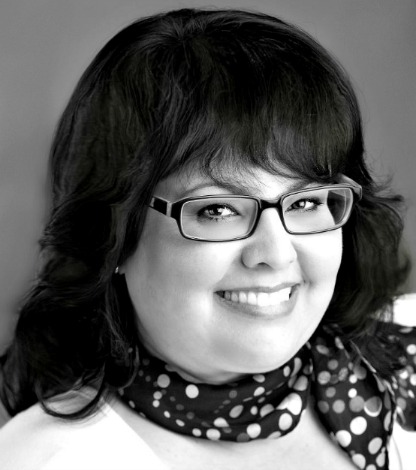★WEBSITE & SOCIAL LINKS★
Website → https://www.drdeborahserani.com
Twitter→ https://twitter.com/DeborahSerani
As a book bloggin’ and book luvin’
Princess, I’m always curious to find out how authors got the ideas for their
books. Can you tell us how you got the
idea to write your book?
In my early training as a clinician, I worked with
someone who was released from prison on a technicality. Part of his release was
that he was court mandated treatment. I was assigned the case, and ,initially,
extremely nervous working with this person. My supervisor at the time was
concerned too, and stayed late while I saw the patient in the office building
during every session. What I learned over time, however, was that even the most
damaged, violent people have a story to tell. And that understanding is
not the same as forgiving. Over the course of many months treating this
patient, I came to understand why this person did the things that sent him to
prison. I didn’t excuse it. Nor did he. This case taught me that everyone has a
life story that can send them down a path of kindness or a path of evil, or
many places in between.
Can you tell us a
little about the main characters of your book?
The main character of THE NINTH
SESSION is a middle-aged woman, named Alicia Reese. She’s a trained
psychoanalyst who’s been in practice a long time. She’s also a CODA, a Child of Deaf Adults, and is fluent
in ASL. She’s used to feeling comfortable in quiet and silence, but the recent
loss of her husband has amplified the soundlessness of her life in negative
ways. But soon, a new patient arrives, and changes her way of life …and
everything she’s ever known.
If you could tell your younger
writing self anything, what would that be?
I’d tell my younger self to save all
of my earlier writings. I used to write poems, short stories and science
fiction novellas when I was in grade school and junior high. I didn’t take care
of them and they vanished over the years. I wish I had them to read now!
What would you say is one of your
interesting writing quirks?
I need to have complete silence when I write. I
wish I could be one of those writers who can have music on, a window open
listening to the kids laughing outside, or life bustling in and around me in
the house.
Do you hear from your
readers? What do they say?
With my
nonfiction books, I get asked a lot of questions about how to find a good
therapist or that reading my books have guided others to get the help they
need. My fiction novel hasn’t been out yet for me to hear from readers. But I
look forward to that.
What is the toughest criticism
given to you as an author?
I remember when I sent my very first manuscript out
to an agent who was interested in my novel. The agent mailed back within a few
hours telling me in two words that it was, “boring and unsellable.” That stung.
For a long while. But, I’m glad I didn’t let that hurtful criticism stop me
from going on. Reading is truly a subjective experience. What one person likes,
another may not.
What has been your best
accomplishment?
As a writer, hearing from another person that my work helped
them, moved them, or changed their life. That’s really the most meaningful
moment for me.
Do you Google yourself?
Of course!
How many unpublished and
half-finished books do you have?
Two unfinished books right now. One is another
psychological suspense novel. The other is a nonfiction book on postpartum
mental health disorders. I often write fiction and nonfiction at the same time.
Go figure.
Fun question – if you
were princess or prince, what’s one thing you would do to make your kingdom a
better place?
Can I be a magical princess? If so, I’d rid the world of any and
all illnesses. If I was a real princess, sans magic, I’d work to end famine in
our country and around the world.
Do you have anything specific that
you would like to say to your readers?
Just a big thank you for taking the time
to check out THE NINTH SESSION.
Dr. Alicia Reese, a recent widow and a CODA – a child of Deaf Adults, takes on a new patient. Lucas Ferro reveals the reason for his consultation is that he wasn’t really open with his previous therapist. After gaining Reese’s trust, he shares aspects of his life that are clearly disturbing – experiences that create anxiety and panic, but also reveal horrifying psychopathology. Instead of referring Ferro elsewhere, Reese chooses to continue working with him, feeling reinvigorated by the challenge of his case.
As sessions progress, and Ferro’s disclosures become more menacing, Reese finds herself wedged between the cold hard frame of professional ethics and the integrity of personal truth – and learns just how far she’s willing to go, willing to risk and willing to lose to do the right thing.





No comments:
Post a Comment